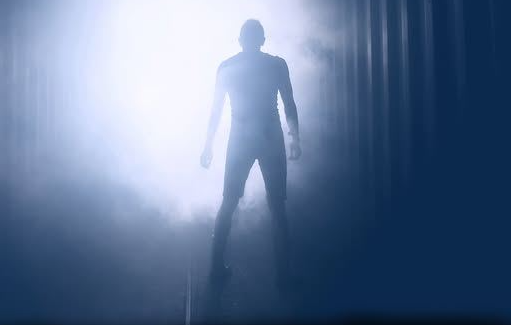When a healthy 32-year-old man suddenly went into cardiac arrest, no one anticipated the events that unfolded afterward. Paramedics succeeded in restarting his heart after six extended minutes — sufficient duration to restore his vitality, yet accompanied by a profound and enigmatic imprint on his consciousness. Later, upon awakening in a hospital bed, he recounted an encounter vastly different from the serene images commonly linked to near-death episodes. No radiant beams or affectionate gatherings appeared — solely an odd, boundless quietude that carried a sense of density, emptiness, and subtle awareness. “It wasn’t dark,” he composed in a message that rapidly gained widespread attention, “but it wasn’t light either. It was… nothing. And that nothing felt alive.”
What rendered his account even more unsettling involved the clarity with which he remembered the feelings — not physical discomfort, but an overwhelming emotional burden, as though every remorse and sorrow he had ever suppressed emerged simultaneously. He mentioned perceiving a presence in proximity, an entity invisible yet palpable in its observation of him. Its essence seemed remote while conveying a sense of intrigue, nearly innocent — and it appeared to draw sustenance from his disorientation. The man portrayed it as the ultimate sensation of solitude, akin to confinement within his own sentiments without any means of release. It failed to resemble a dream, he emphasized. It possessed an authenticity far beyond that.
When doctors ultimately restored his pulse, he emerged amid brilliant illumination, hurried conversations, and a wave of reassurance — yet initially, none of it registered as genuine. In the ensuing weeks, he confided in trusted companions that he remained unable to dispel the impression that an element from that “realm” had accompanied his return. Physicians explained to him that his encounter stemmed from a typical consequence of oxygen deprivation and cerebral function during cardiac arrest — a neural resonance instead of an insight into existence beyond death. However, the man held firm in his doubts. The recollection of that quietude, that watchful entity, stayed more vivid than any vision from sleep.
Now, months afterward, he states that the episode has entirely transformed his perspective on existence. He harbors no apprehension toward death, yet he perceives it neither as straightforward nor tranquil. His narrative, disseminated broadly across digital platforms, has attracted countless individuals who regard it as both eerie and oddly reassuring — evidence that not every passage to the brink of life yields tranquility, while each imparts a more profound grasp of human presence. Regardless of whether his perception represented a brief mental spark or something immensely larger, one certainty endures: six minutes without a heartbeat bestowed upon him an enduring array of inquiries into the realities that await beyond.






